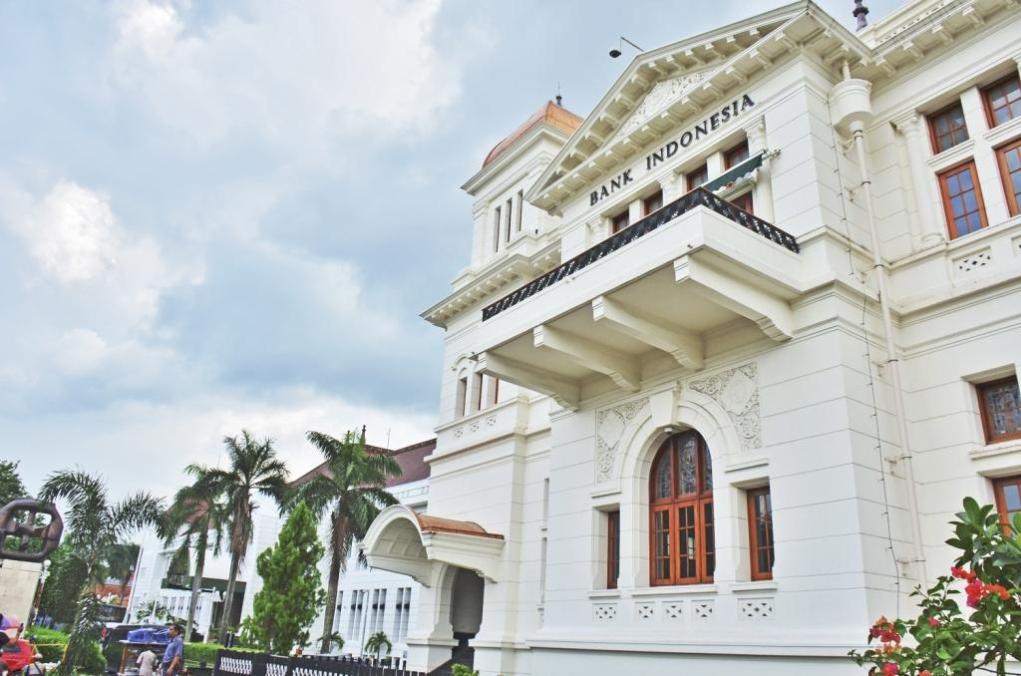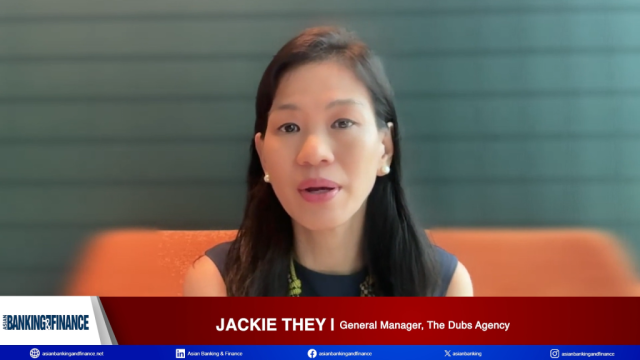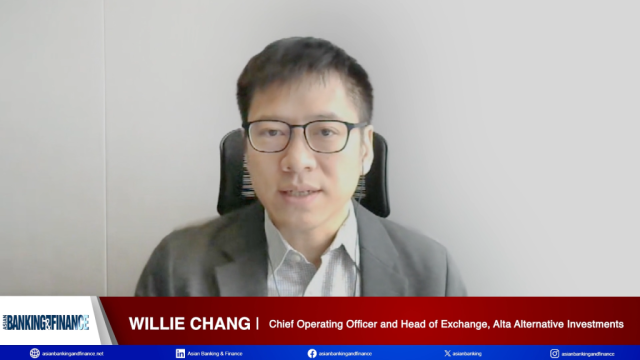
Bank Indonesia maintains benchmark rate at 5%
The central bank kept its benchmark rate at 5% on the back of lower inflation.
Indonesia’s central bank has maintained its benchmark rate after four consecutive rate movements, keeping its seven-day reverse repo rate at 5%.
However, Bank Indonesia (BI) trimmed the reserve requirement ratio (RRR) for conventional banks to 5.5% from 6%. The RRR for Islamic banks was also cut to 4% from 4.5%, both easing taking effect starting 2 January.
Further, the central bank stated an "accommodative" stance, signifying that it is open to further cutting rates in 2020.
OCBC Treasury Research reported that Bank Indonesia (BI) is likely to “take it easy” after four consecutive rate movements worth 100bps.
Whilst the central bank has room to ease further—given that inflation prints are contained, the current account gap is in check, and rupiah has been relatively stable—OCBC analyst Wellian Wiranto believed that given the intensifying trade war afflicting the region, BI may want to be prudent as a bid to avoid being forced to reverse any easing later.
Further, the momentum has not slowed enough to justify another rate cut, and BI has done what it can to put a floor on growth. The remainder of the work rests on structural reforms by the government, particularly on labour law changes to address a key FDI impediment. Any further easing would have limited beneficial effect on growth, with the marginal cost of further easing starting to be higher from here.

The current level of 5% is broadly in the middle of the range of the policy rate since 2017, encompassing the period before the central bank was compelled to start hiking rate in May 2018 4.25% all the way to 6.0%, noted Wiranto.
The current rate setting, as it stands, is also just enough in curbing domestic inflation pressure, and in anchoring interest rate differential that is attractive enough to foreign investors.
“Being in the middle on all three counts maximizes the room for BI a to manoeuvre going forward,” reported Wiranto.
“If growth momentum slumps significantly enough in 2020 to necessitate further monetary action, it can be more assured that it has preserved this space. On the flip side, in the (unlikely) case of sizable pick-up in domestic inflation or the (less unlikely) case of global market volatility which might require sudden rate hikes to anchor currency stability, the degree of upward policy rate reversal that it has to stomach will be contained, as well. In short, a pause now is very much in the order,” he concluded.























 Advertise
Advertise







